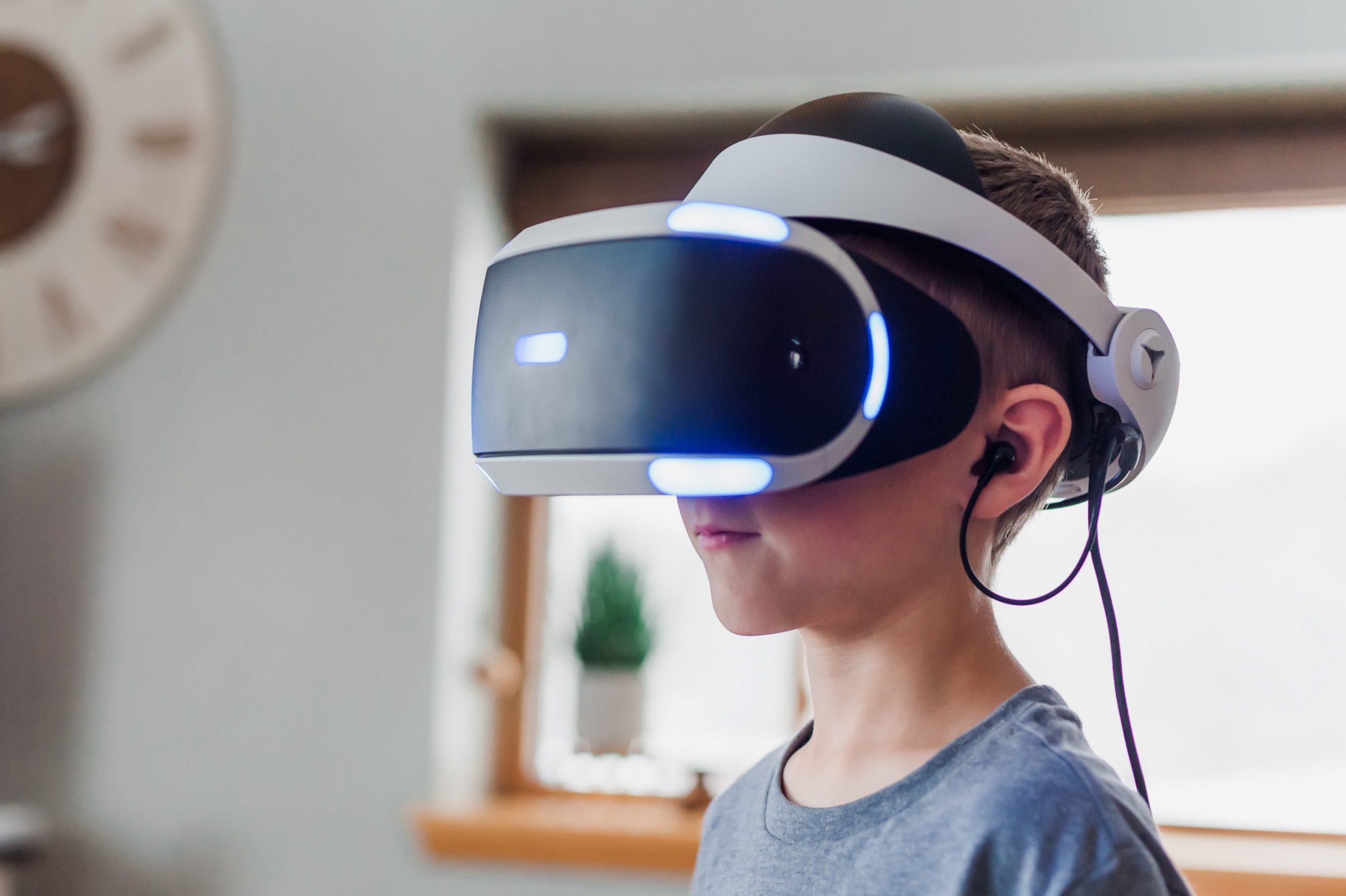Back in the ’90s, virtual reality was thought of as the next stage of video games. Full interactivity, achieved by letting the player use their whole body in the game, seemed more like a pipe dream at the time. Now, VR is becoming one of the biggest industries in gaming, with companies like Meta and Valve pushing VR hardware to its limits. However, the software side of VR has been consistently disappointing, offering few worthwhile experiences outside of a few noteworthy titles. If VR wants to be anything more than a passing fad, companies should refocus their efforts on the games themselves.
One of the first modern VR headsets was Palmer Luckey’s prototype Oculus Rift. Following an incredibly successful Kickstarter campaign, Oculus was bought by Facebook, and later folded into Meta. They were the first company to capitalize on VR, and their original Oculus Rift headsets proved the technology was feasible in the modern day. They later released the Oculus Quest, the first headset to be entirely wireless, allowing it to be used anywhere. Its follow-up, the Meta Quest 2, is by far the most popular and consumer-friendly headset on the market.
The wide success of Oculus’ headsets inspired other companies to try their hand in the market. Notably, video game juggernaut Valve, responsible for the Steam storefront, invested heavily in VR technology. Their first headset, the Valve Index, boasts an incredible field of view, advanced tracking of the player’s movement, and a unique controller design that can track each individual finger. While its $1000 price tag may be off-putting, Valve offers a higher-end alternative to Oculus’ more restrained pricing and technology.
For both die-hard VR advocates and casual players, the VR headset market delivers. On the other hand, the VR video game industry has been stagnant and underwhelming for years. VR gaming lacks the large releases needed to establish itself as the next great frontier for video games. While VR games are still in their infancy, that is even more reason for companies to invest in development and push the industry forward. For VR to take off, a reason is needed to buy the headsets in the first place.
VR does have several worthwhile experiences already, but they’re few and far between. The fast-paced rhythm game Beat Saber, military shooter Pavlov VR, and medieval combat simulator Blade and Sorcery were some of the first to gain traction. Valve’s Half-Life: Alyx is often cited as the best and most polished VR game on the market, and The Walking Dead: Saints & Sinners proved that licensed VR games can still be incredible experiences thanks to its stealth-based zombie action.
However, it’s notable that none of these games came out past early 2020. Since then, VR gaming has been completely lacking in new, polished experiences to draw players in. While recent small indie releases such as The Last Clockwinder and COMPOUND have managed to impress, they’re not the big-budget blockbusters that VR needs right now. Only people already invested in VR will take notice of these smaller releases, but the people without headsets that these companies are looking to sell to won’t be interested in them.
Companies like Valve and Oculus have a particular incentive to invest in VR because the games are sold in their marketplaces. Valve runs Steam, while Oculus sells many VR games, including Quest-exclusive games, on their own storefront. While they may not get the same return as they would from making their own games and hardware, the lack of investment from these companies is still strange. Better games would lead to more headsets sold, gaining revenue from both the hardware and the games bought from their marketplaces.
On the other hand, Oculus’ Quest-exclusive games are directly hurting the VR market. While most VR games are compatible with any headset on PC, games developed exclusively for the Quest cannot be played on other headsets. While it makes sense that Oculus wants to keep players in its ecosystem, it also means users of other headsets completely miss out on what could have been great experiences. It also denies them the additional revenue from other headset users purchasing these games, given that they can only be purchased on the Oculus storefront.
Additional investment could help to add variety to the VR market, which is currently oversaturated with certain types of games. Beat Saber has inspired many other VR rhythm games, but they often fail to innovate on Beat Saber’s ideas, resulting in many similar rhythm games that don’t bring new ideas to the table. There are also too many underwhelming ports of traditional video games, like Fallout and Skyrim, that fail to use the interactivity offered by VR in any meaningful way. They feel like the original game, but with only a bit more freedom in how you can aim a gun or swing a sword.
At present, VR games are often defined by having interesting ideas, but being too short and failing to explore their full potential. The rare game that feels like a full experience that’s just as great as a regular video game, like Half-Life: Alyx, comes by far too rarely. VR needs more games that take full advantage of the medium, while not sacrificing quality in the process. Too many VR games feel more like tech demos, showcasing fun concepts without ever showing the player the full potential of those ideas.
VR gaming is currently in its infancy, which is both disappointing and exciting. The potential is still limitless, as VR games are only just beginning to explore the full scope of what the medium allows. On the other hand, that scope is being needlessly limited due to the lack of investment and games from bigger studios that can afford to push it forward. A market for VR gaming already exists, but companies are failing to capitalize on it, and fans of VR are being continuously let down. Headsets like the Meta Quest 2 and Valve Index are great, but they’re still looking for the fantastic VR experiences needed to justify their existence.

















